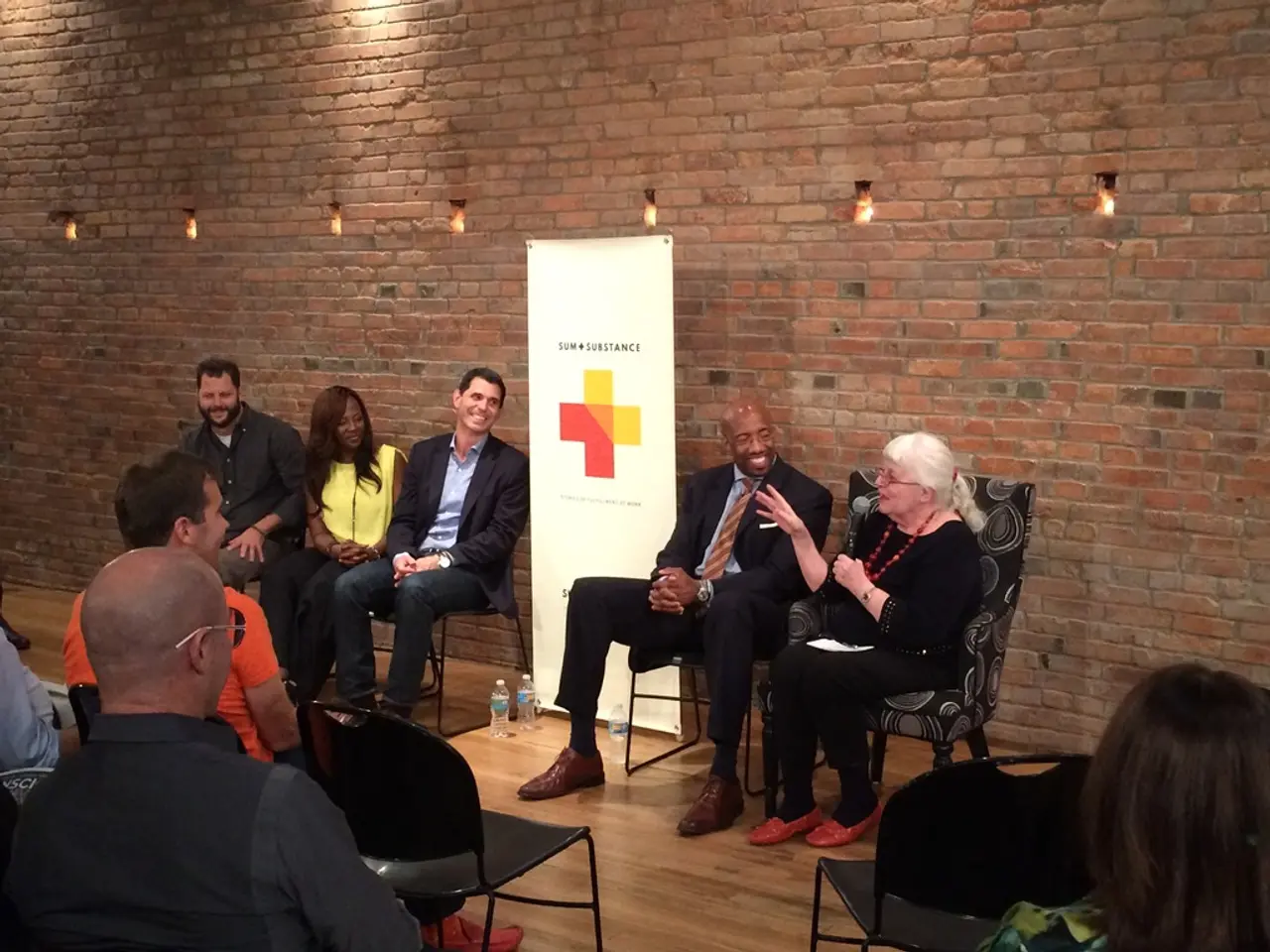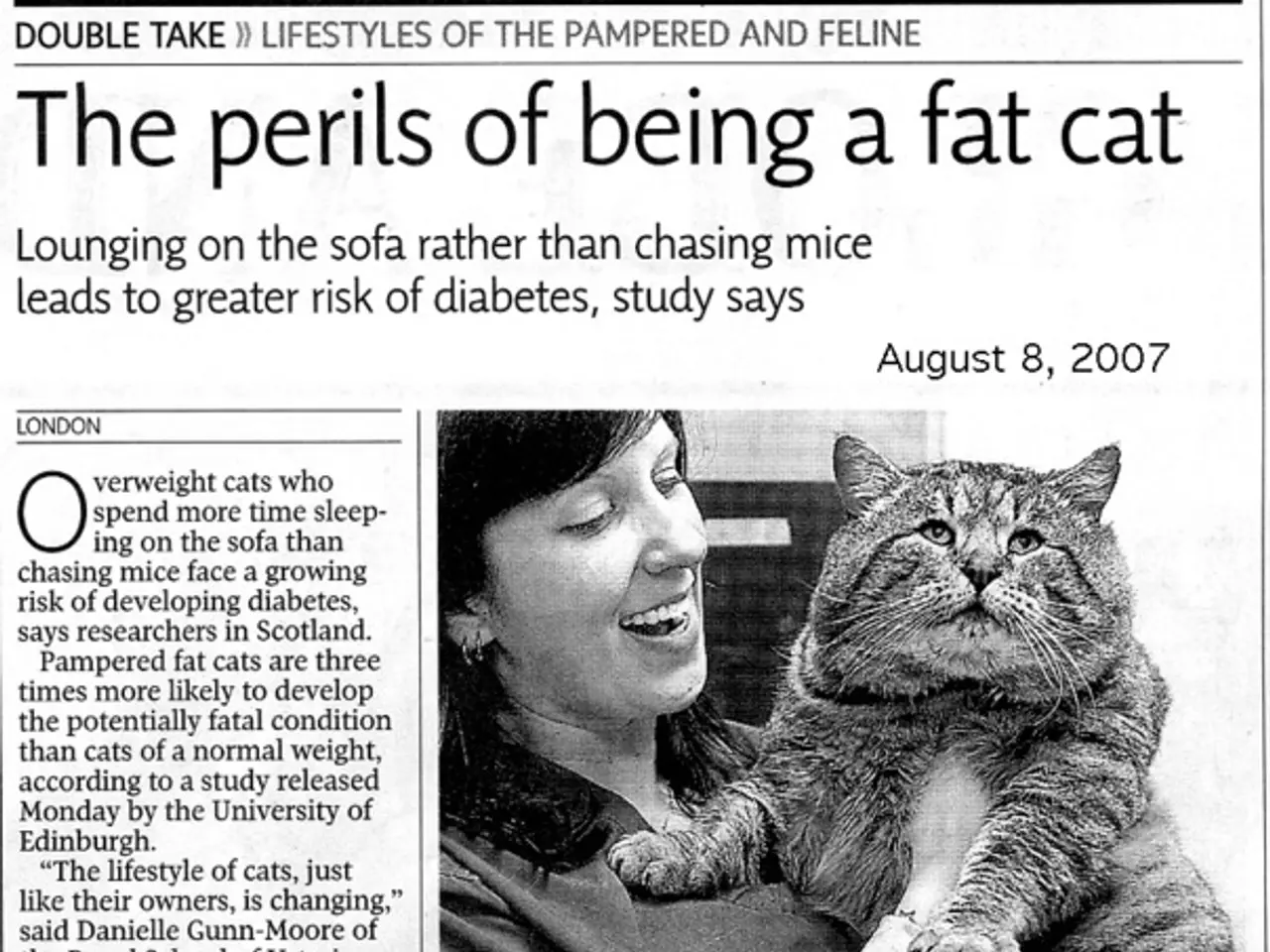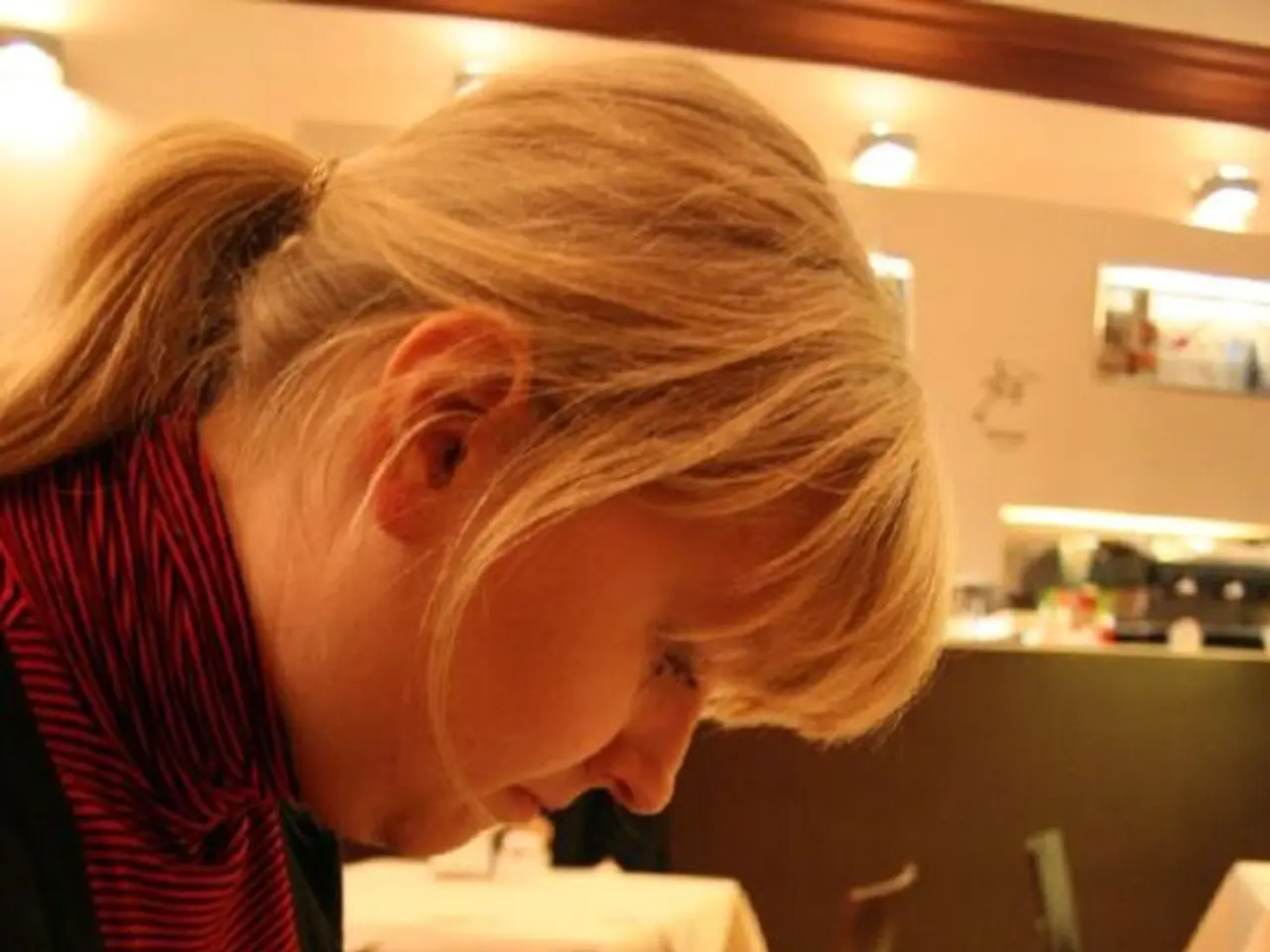Alert: Exercise caution as Amazon gains ground in dominant market position
In a recent development, users on WhatsApp have been targeted by a series of phishing and social engineering scams that impersonate well-known brands such as Amazon and OBI. These scams, designed to trick users into disclosing sensitive personal or financial information, are rapidly spreading on the platform due to its encryption and large user base.
### How These Fake Prize Draws Work
Scammers craft messages or posts that appear to be official announcements from these companies, claiming the user has won a prize or is eligible for a reward. They exploit the trust or excitement of recipients by urging them to click on links, share the message with friends, or provide personal details to claim the “prize.”
Clicking on these links may lead victims to fake websites that look legitimate, where they are asked to enter confidential details like login credentials, credit card numbers, or other sensitive data. WhatsApp is a popular vector for these scams because messages can come from known contacts or groups, making them seem more trustworthy.
### Potential Risks Associated
The primary risk is phishing, where victims are tricked into revealing sensitive information that can be used for identity theft, unauthorized access to accounts, or financial fraud. Additionally, some links may automatically download malware or spyware onto the victim’s device, compromising the security of personal data.
Providing payment details or personal identification can lead to direct financial theft or fraudulent activity using stolen identities. Moreover, because victims are often encouraged to forward these messages, the scam can spread quickly to others, increasing the pool of potential victims and perpetuating the cycle.
### Examples of Current Scams
Current examples of these scams include fake prize draws promising 5,000 brand new gas grills from OBI or a million euros, but requiring users to forward the link to 20 contacts or WhatsApp groups. Arriving at the fake OBI website leads to an online casino where million euro prizes are promised, with a catch that requires a deposit of 10 euros into the casino.
Similarly, fake messages promising free returns from Amazon are circulating, urging users not to click on or forward any links from these messages. The primary goal of such scams is to collect data for further spam or subscription traps.
### Staying Safe
To avoid falling victim to these scams, users should remain cautious, avoid clicking on unsolicited links, and verify prize claims through official company channels. The consumer protection center provides helpful tips and the latest information on such scams. It's also important to remember that reputable companies like Amazon do not give away thousands of products or large sums of money without proper verification processes.
In the case of the OBI scam, the fake website is not the official OBI website, as the URL does not lead to the company's website. Fake subscriptions can cost several hundred euros per month and are difficult to cancel.
DERWESTEN reported that the promised prize was later increased to 1 million euros in the OBI scam. The promised prize draw for an iPhone or 1 million euros does not exist. Participants in the fake OBI prize draw are asked to enter their personal data.
The scam was initially reported by the information site Mimikama. Users are advised not to click on or forward any links from these scams, as the primary goal is to collect data for further spam or subscription traps. Always verify information from trusted sources before engaging with any links or offers.
What kind of scams might be found on social-media platforms like WhatsApp, disguising themselves as official prize draws? Scammers may use phishing tactics, creating fake prize draws that claim users have won items or money from brands like OBI or Amazon. These scams aim to trick users into revealing sensitive information, leading to identity theft, unauthorized access, financial fraud, or the download of malware onto their devices.








